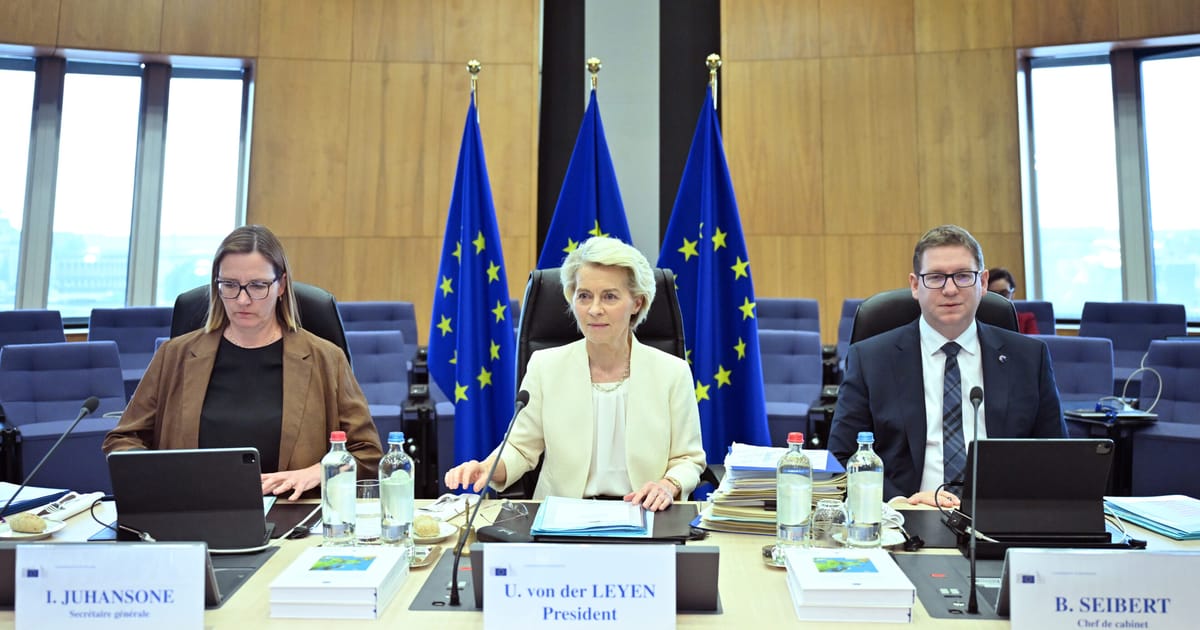

In a world where economic strategies and international partnerships majorly shape the fiscal landscape, recent activities from Europe and beyond indicate a blend of ambition and collaboration. From significant budget proposals within the European Union to critical trade negotiations involving the United States, these developments underscore a concerted effort toward navigating complex economic terrains.
This month, the European Commission unveiled a noteworthy proposal for the EU budget, suggesting a substantial allocation of €1.816 trillion. This budget marks an increase from 1.1 percent to 1.15 percent of the bloc’s gross national income, symbolizing a step toward addressing the evolving needs of its member states. Despite the ambitious nature of this proposal, it has already sparked a spirited debate in the European Parliament, revealing a diversity of perspectives on the path forward. Ursula von der Leyen, the President of the European Commission, highlighted this budget as a framework for fostering sustainable development across the continent, noted for its potential to impact diverse sectors positively.
Across the border in France, President Emmanuel Macron has displayed a supportive stance towards Prime Minister François Bayrou’s budget plan, praising its ‘courage’ and ‘audacity.’ The backing from Macron signifies a robust endorsement, even amid mixed receptions elsewhere. Bayrou’s budget has been perceived as a bold step, aiming to revitalise the French economy through strategic allocations and reforms. Macron’s endorsement is a beacon of confidence, likely to inspire trust and stability within the French economic landscape.
Meanwhile, a pivotal stride in energy trade has emerged from a collaboration between European and American firms. A major 20-year gas deal has been solidified between Italian energy company ENI and American exporter Venture Global, marking a significant enhancement in transatlantic energy ties. This agreement, endorsed by U.S. President Donald Trump, underscores a mutual commitment to strengthening energy-related trade, potentially easing geopolitical tensions. The decision for Europe to boost its imports echoes a broader strategy to diversify its energy sources and ensure long-term stability.
In the context of bilateral trade deals, President Donald Trump also announced a significant agreement with Indonesia. This new trade framework sets a 19% tariff on Indonesian goods—a rate substantially lower than the initially proposed 32%—demonstrating a diplomatic maneuver to foster closer economic ties. A key component of this agreement is Indonesia’s commitment to purchase 50 Boeing jets, showcasing a shared intent to enhance trade volumes and cooperation with the U.S. The specifics of the implementation timeline, however, remain under discussion, indicating ongoing dialogues to refine and optimize this trade relationship.
Together, these fiscal policies and international agreements reflect a conscious effort by world leaders to pave robust, sustainable economic paths amid an ever-changing global scenario. The undercurrents of diplomacy, strategic resource allocation, and international cooperation herald a future where shared growth and mutual benefits are at the forefront of the global economic discourse.
Source: {link}
